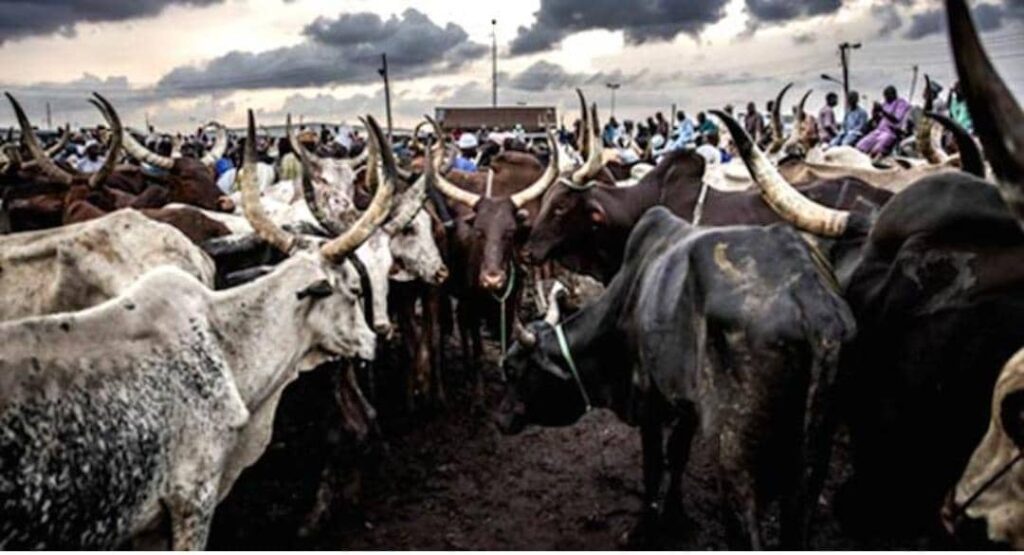The Kano State Government, through the State Agro-Pastoral Development Project (KSAPDP), has allocated N350 million for the provision of infrastructure in five major cattle markets across the state.
Kano Gov. Inaugurates Roads Cattle Market Projects Worth N2.5 B
KSAPDP Coordinator, Zaharaddeen Hamisu, shared the update during a press briefing on Tuesday in Wudil, the headquarters of Wudil Local Government Area. He identified the five largest cattle markets as Falgore, Wudil, Dumbulum, Danbatta, and Getso.
The provided facilities include loading ramps, toilet facilities, boreholes, solar lighting to enhance security, and drainage systems, among others. Hamisu noted that these improvements are part of efforts to enhance the standards of the markets.
L-PRES Organizes Workshop On Improving Livestock Production
“The state government did its best to address the challenges facing the markets to enable traders to carry out their business activities without hitches. The government is still going to do additional work in the markets, especially in the Wudil cattle market, before the project winds up in June 2025,” he stated.
He also emphasized the need for market users to take responsibility for the sustainability of the improvements: “But we believe for sustainability measures, the market users should do something as a revenue-generating body to complement government’s efforts,” he added.
Earlier, Ahmad Dauda, acting Chairman of the Wudil Cattle Market Union, revealed that at least three million cattle are brought to the market every Friday from various states across the country.
“More than three million cattle are being brought to this market from many states such as Borno, Bauchi, Yobe, Sokoto, Taraba, Plateau, and Adamawa,” he said.
Dauda also called for the establishment of a bank within the market to help traders manage the risks of transporting large sums of money. He explained that the weekly sales in the market generate over N50 billion.
“We call on the state government to provide a bank in the market because traders are making more than N50 billion on every market day to reduce the risk involved in taking huge amounts of money,” he added





